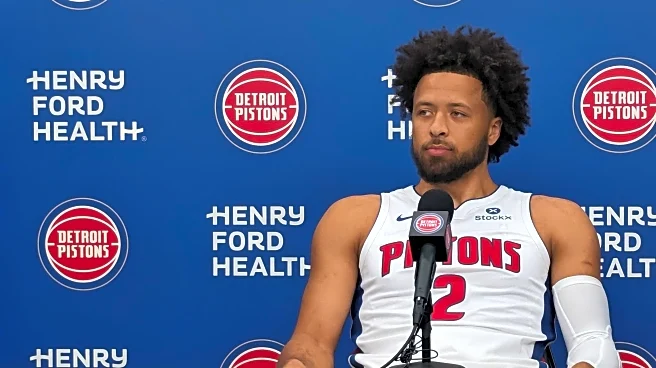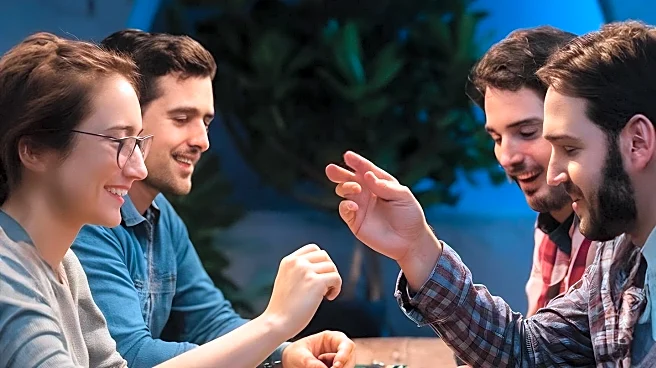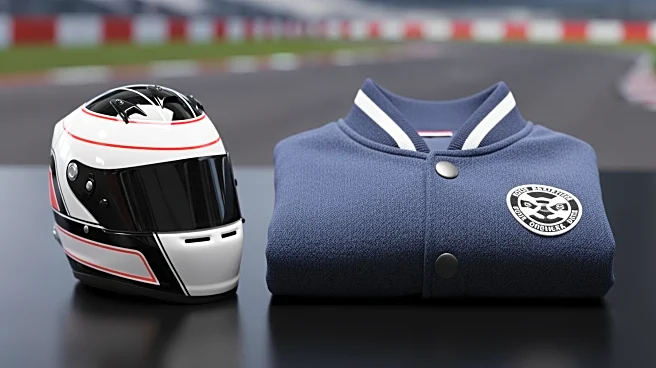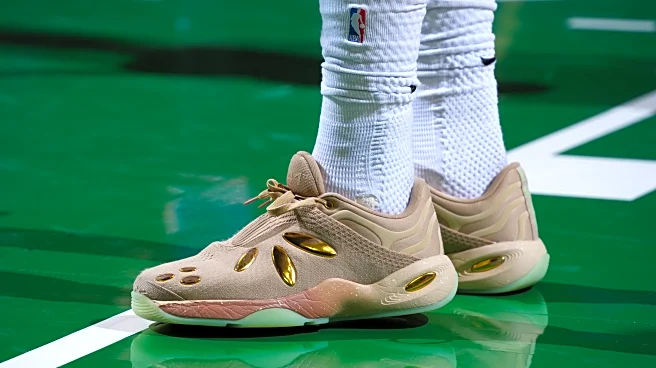The Detroit Pistons are heading into the 2025–26 NBA season with momentum and expectation. They were the first team in history to triple their win total from one season to the next. They had internal expectations and a desire to win after years of struggle, but nobody expected what hit them last season.
They know they can’t surprise teams as they enter a new season with the coaching staff and core largely intact. If they can no longer fly under the radar following a playoff berth and hard-fought first-round
series against the New York Knicks, that is fine with them. They will just be loud, be explosive, and cause chaos.
The challenge for these Pistons won’t be confidence or belief in their plan; it will be remaining committed to it even when the inevitable struggles come. Everyone talked at Detroit Pistons media day about wanting to be great. Now, they feel like they have the ingredients and are taking the steps to make that happen.
In Attack Mode
From the front office down to the players, the message is clear — last year’s playoff run was a foundation, not the destination. President of Basketball Operations Trajan Langdon praised the group’s approach to the offseason. “Our guys attacked the summer,” Langdon said. “They did things that would make themselves better and make us better coming into this season.”
Perhaps that was best personified by Duncan Robinson, one of the newest members of the Detroit Pistons. Robinson spent his first seven years in Miami, and his skill, work ethic, and the player development and vaunted Heat Culture down in Miami allowed Robinson to go from fringe player to one of the best shooting wings in the league.
When he reflected on what had surprised him most, leaving the only organization he had ever known for an unfamiliar one in Detroit, Robinson credited the hunger of this young and growing team.
“One of his biggest surprises was how many people on this team really wanted to be great,” Robinson said.
Other keywords that were heard over and over again from players, coach JB Bickerstaff and president Trajan Langon included aggression, explosiveness, and the will to be great.
Whether it was what a “nightmare” Thompson will be in the open floor with the ball in his hands (per Bickerstaff) or the “chaos” Ron Holland is looking forward to causing with Thompson in the second unit.
Speaking of Thompson, (there was a lot of praise of Thompson), Bickerstaff is excited to see a fully healthy Ausar and a fully healthy Jaden Ivey supercharge some units on the floor with their speed. “If you have them on the floor on your wings, that’s probablythe fastest set of wings you’re going to see as a combination in the league.”
It all starts with Cade Cunningham, of course, who looked calm, confident, relaxed, and stronger than he did since last media day.
Last year, he was steely-eyed and serious as he was looking forward to righting a wayward ship that had been perpetually capsized since he was drafted. Now, Cade said words were much less important. It was time for actions to speak for themselves.
It’s never been in doubt that this is Cade’s team, so perhaps it is fitting that the energy of the offseason and at media day was true Cade. It is as if this team is in no rush to be great because they know with the guys they have in place and with the plans they have in place, greatness is coming for them. They just have to put in the work. Like Cade, you can’t speed them up. They will play at their own pace and exert their will on teams. Whether that is a patient dribble drive or a blur of wings running the floor in transition.
Health and Continuity
Much of the optimism centers on health. Guard Jaden Ivey, who suffered a season-ending injury in January, is back at full strength. His ability to push pace and break down defenses adds a critical dimension alongside Cade Cunningham. Ivey admitted the road back was grueling but necessary. “It’s been a grind, but I’m thankful to be back,” he said. “Making the right plays, not just home run plays, is what will help this team win.
Cunningham, now firmly established as the leader of the franchise, enters the season with an enhanced role both on and off the floor. He acknowledged that the playoff experience provided valuable lessons. “You don’t really know what it takes until you go through it,” Cunningham said. “That series taught me about the physicality, the details, and how locked in you have to be every possession.”
For the first time in years, Detroit also benefits from continuity. JB Bickerstaff returns with his staff intact, allowing for greater continuity, chemistry, and maturation of the offense and defensive systems. “We can’t rest on our laurels and think we’ve accomplished something,” Bickerstaff said. “Our guys have high expectations for themselves, and it’s our job to push them forward.”
Leaning on Veterans
While the Pistons lean heavily on their young talent, the return of Tobias Harris and the additions of Duncan Robinson and Caris LeVert provide balance. All three bring postseason experience, maturity, and size, qualities Detroit hopes will stabilize them during the inevitable rough stretches of a long season and allow them to explore diverse lineup combinations.
Bickerstaff was speaking excitedly like a young student with a chemistry set as he rattled off all the potential lineup combinations he could offer up. LeVert is a great secondary ball handler on the wing, Robinson added a lot to his dribble drive game to make his shooting that much more dangerous, and full seasons from Ivey and Thompson add speed, playmaking, and creation to the mix.
“We could play five guys that are about 6-foot-8 if we wanted to and be extremely fast — able to switch a lot of things, trap more, pick up full court. We can also play with our two bigs and then throw a 6-8 and a 6-8 and a 6-8 out there. There are just so many things we can do with that flexibility and versatility,” Bickerstaff said.
Robinson and LeVert will also be counted on as reliable shooters with the departures of Tim Hardaway Jr and Malik Beasley, while also being the reliable veterans a young roster often needs to lean on.
Harris, now one of the team’s most senior voices, emphasized urgency. “You don’t get many of these moments,” he said. “This is a very promising team, and we can’t take it for granted. We have to seize it right now.”
Going from Hunter to Hunted
The biggest adjustment may be psychological. A year ago, the Pistons were underestimated. Now, they are circled on opponents’ schedules. Langdon acknowledged the dynamic has changed.
“We’re not going to surprise anybody anymore,” he said. “But this group is still hungry. They know it’s not going to be easy, and they know they need to do it together.”
That awareness extends to the locker room. The Pistons understand that young teams often struggle to replicate breakout seasons. To avoid stagnation, they’ve committed to a process-driven approach: steady growth throughout the season, peaking when it matters most.
This season marks a pivotal chapter for the Pistons. With a healthy roster, a clear identity, and a maturing leader in Cunningham, the franchise has the pieces to transform last year’s breakthrough into long-term relevance.
As Bickerstaff put it, the responsibility is shared. “We’re not a finished product,” he said. “But if we keep giving our guys what they need and they keep giving what they’ve given this summer, there’s no limit to what we can become.”
















